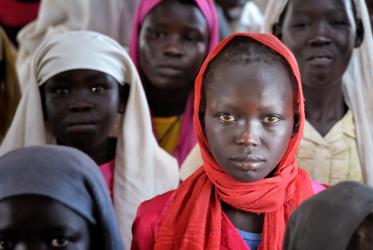Displaying 1 - 20 of 1324
24 April 2024
Is health the same for all?
17 April 2024
A global outlook from different angles
10 April 2024
WCC, WHO commemorate 50 years of collaboration
04 April 2024
Voice of churches vital during UN women’s rights talks
28 March 2024

















